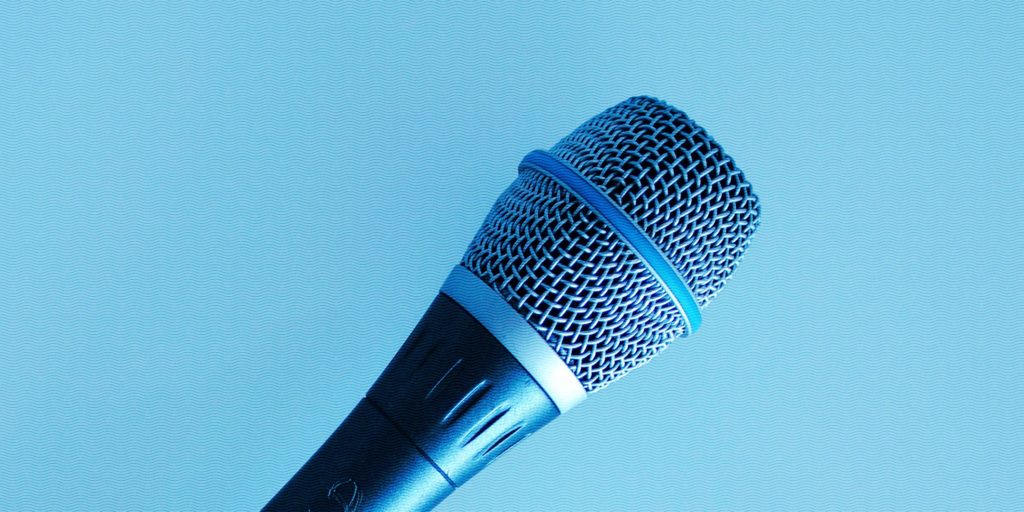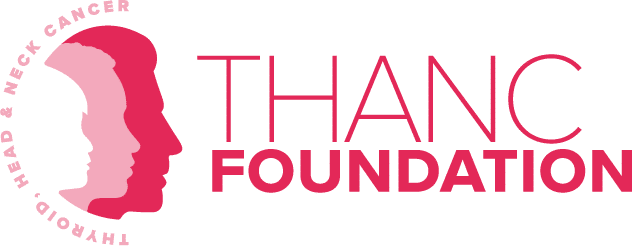
My dentist prescribed an antibiotic and my jaw got better, but things were still not right. Three months later, the jaw swelling was back and my dentist referred me to an oral surgeon. I had a CT scan and subsequent biopsy, which revealed cancer.
I was in shock and frightened; I had never heard of cancer in the jaw. I was then referred to a surgeon who could only perform a jaw resection, but not reconstruction. I didn’t care—I just wanted it gone. Later, I was made to understand that without reconstruction, eventually my jaw would lose function and my face would be more deformed. I was referred to a reconstructive surgeon in New York. I was very dubious about being sent to a hospital almost 4 hours away, especially in New York City, which just made travel more difficult. My upstate orientation is to get in the car and go. I did not want trains and taxis to complicate this process in such a large, unfeeling city.
Fortunately, through a friend I learned of a woman in a neighboring town who had experienced the same thing. She had been sent to the same reconstructive surgeon. She graciously agreed to meet with me and told me her experience. It was so reassuring to connect with her and not just talk over the phone. I could literally see how she was getting on with life about 18 months after her treatment. Armed with the information she shared with me, I went to meet with my new surgeon.
While in the waiting room, it became apparent that there were a great many others afflicted by similar conditions, which was oddly comforting. My initial visit with my surgeon was 90 minutes long, during which he explained all that had to be done. I thought it sounded like a very involved procedure and a lot of fuss, but he reassured me that I was worth it. I was immediately taken by his calm, professional, kind and knowledgeable demeanor. That meeting with him changed my outlook about the surgery and recuperation. My apprehensions were replaced by what I now understood of the procedure, the trust I had in my doctor and the help my new clinical team would provide.
My family and friends were very supportive and anxious to do anything to help. My husband, daughter and sister rented an apartment in NYC in order to be with me throughout my treatment. I was in the hospital for ten days after surgery. Everyday, one of them was with me. The care I received while recuperating was excellent. Before I left the hospital, arrangements were made for a visiting nurse to see me at home on a regular basis to attend to my surgical sites and to assess my recovery. She also taught my husband how to change my dressings and provided all the supplies we needed.
Food was a huge hurdle for me. I regarded anything going in my mouth to be the enemy—an invader. I was very protective of my mouth and rather afraid of it, only opening it when absolutely necessary. I wasn’t curious about what inside my mouth looked like and I didn’t closely examine my scars. Everything seemed to be doing okay and that was good enough for me.
I was given mouth and jaw exercises to do, which I faithfully did. These helped a great deal with my ability to open my mouth and move my jaw. I blended together foods that I would never have considered putting in a food processor, but these unusual concoctions were easier to eat and provided me with nutrition.
Three weeks after leaving the hospital, our son came home for a week-long visit. This was very therapeutic as it put me back in “Mom mode.” I wanted him to see that I was recovering and making progress, so I was anxious to make him dinner and get out of the patient mentality of everything being done for me.
Radiation was the next hurdle—and the most difficult. Just as I was beginning to get more comfortable with my mouth and eating became more mainstream, I had to start a new treatment. As radiation therapy progressed, my tongue became swollen and sore—once again, eating became a challenge. I was faced with the prospect of a feeding tube if my weight dropped too much. So I succumbed to eating anything I could get down: yogurt, ramen noodles, eggs, ice cream, pudding, bananas, oatmeal, jello and soup became my staple diet. Did I mention this was happening during the holiday season? It wasn’t easy and it wasn’t pleasant, but I avoided the feeding tube!
After radiation was over, life slowly became somewhat normal. Eating out was an exercise in judgment. Which restaurants might have something easier and neater for me to eat? Were we going to be with people I felt comfortable dining in front of? Over time, I became less self-conscious about it all and others didn’t seem to notice my slip-ups: a piece of spinach on the part of my lip that has no feeling or the drip of coffee that ran down my cup all the time—and still does occasionally. On one of my regular visits with my surgeon, he recommended that I see another doctor on his team to be fitted for a partial denture, although I didn’t see the need. While it is not useful for chewing, those around me think it fills in my cheek better to more closely match the other side and I am comfortable with it.
The weight I lost has not returned. It’s probably because I eat slower than those around me, so I usually stop eating sooner. My jaw gets tired—my family never thought that could happen! I do all my chewing on one side, so it’s no wonder it gets tired. I am not as interested in food as I once was. Although my sense of taste did return after radiation, I don’t think it is as keen. The good part about losing weight was that I could afford to lose it and I could get new clothes!
I’ve become aware of a difference in my speech. As a former teacher and administrator, I was accustomed to speaking in public and I prided myself on having very clear diction. Now I hear an occasional lisp and some shushing when I talk, but others have no difficulty understanding me. I eventually returned to lectoring in church, taking on other public roles, wearing swimsuits and capris that expose my scars, and even made a pilgrimage to Spain where a group of us walked 110 miles in six days.
Additionally, while I have never been overly preoccupied with my outward appearance, I was accustomed to looking in the mirror and knowing what would look back. My reflection is different now, but I have made friends with it. And since I don’t spend a lot of time in front of the mirror, I don’t often think about it. Much like the lisping, it doesn’t hamper me from doing what I want or need to do. I was never a good whistler anyway! But it is always with me: talking, eating, looking in the mirror. It doesn’t go away like an appendectomy scar hidden under clothes.
The entire experience has changed me, and hopefully for the better. I am humbled by the medical expertise and care that I was fortunate enough to receive and grateful for the love and support given to me by my family and friends. I am now, more than ever, keenly aware of the thousands of people who face extreme physical difficulties and hardships every day without such skilled attention. I know that this makes me one of the lucky ones. And when I look back at the last 3-½ years, I think of all the sunny days, holidays, vacations, good books I’ve read and time I’ve spent with wonderful people. I know I am blessed.
While I do not think I am in a position to give anyone advice, I do offer the following suggestions that were helpful to me throughout my journey:
- Please do as you are told. Follow the advice and instructions you are given by your doctors, nurses, visiting nurses. While this is a new experience for you, you are not their first patient. They are skilled, competent and experienced.
- Don’t listen to the bad experiences. Others may feel the need to share their horror stories, but take them with a very large grain of salt.
- As soon as you are able, get showered and dressed. It really does make you feel better.
- Don’t hide yourself away. Not everyone is looking at you. Most are preoccupied with their own lives.
- Eat anything you want that appeals to you. Worry about calories later.
- Be kind to yourself. Recovery will be steady, but don’t expect it to improve by leaps and bounds. You are healing even when you don’t think so. I became a fan of some daytime TV for the first time in my life and I abandoned it when I didn’t need it anymore.
- Be kind to your family and friends. Not every day will be super, but they are caring for you.
- Write down the questions you have about your care. Ask them at your next appointment.

Will You Share Your Journey?
April is Oral Cancer Awareness Month. As part of that theme, we post stories written by oral cancer survivors, caregivers and medical professionals for our 30 Stories in 30 Days™ campaign. The insights they share can help others along their journey.


